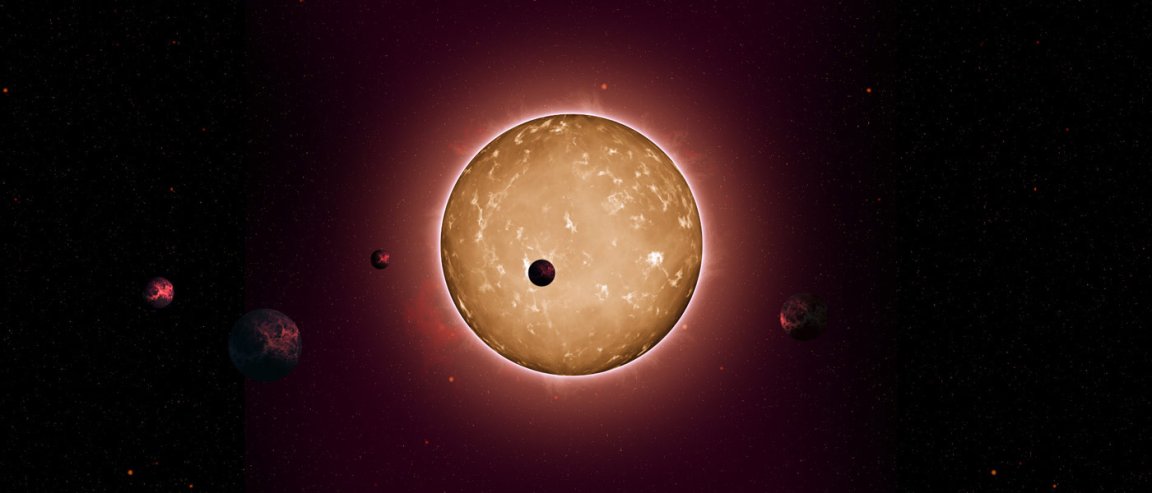
New System
Other than manned missions to Mars, astronomy’s main goal has been to scour the Universe for planets and star systems similar to our own, in hopes that we find life. A new discovery has been made in that regard: five planets orbiting a relatively bright star.
Using data from the Kepler probe, Andrew Vanderburg and his team have a new system, HIP 41378, found to host five transiting planets. They identified the rare suite of five planets in Kepler’s extended mission data, developing algorithms that try to compensate for the satellite’s instability. The found planets include two sub-Neptune sized planets, a Neptune-sized planet, a sub-Saturn-sized planet, and a Jupiter-sized planet.
HIP 41378 was found to be a star similar to our Sun, with a radius and mass of 1.4 and 1.15 times that of the Sun, respectively. The planets have a faster orbit around their star, typically less than 1 year. The data was supplied by Kepler, and confirmatory imaging was done using the Robo-AO adaptive optics system on the 2.1-m telescope at the Kitt Peak National Observatory.
Old Methods

The study, to be published in Astrophysical Journal Letters, notes the use of the transit method in discovering the planets. This method uncovers planets by identifying the drop in brightness that occurs as an exoplanet passes in front of its host star along our sight-line. Similar observations also discovered a dark moon orbiting the dwarf planet Makemake in the Kuiper Belt.
While useful, this method has its shortcomings. The telescope needs to be trained at the specific area of observation for a long time to detect a transit, creating a selection bias skewed towards those with shorter orbital times. The Kepler satellite monitored HIP 41378 for 75 days. Further, a whole host of events can create the dips in brightness detected by the method. “There are many things in the sky that can produce transit-like signals that are not planets, and thus we must be sure to identify what really is a planet detected by Kepler,” Stephen Bryson told Universe Today.